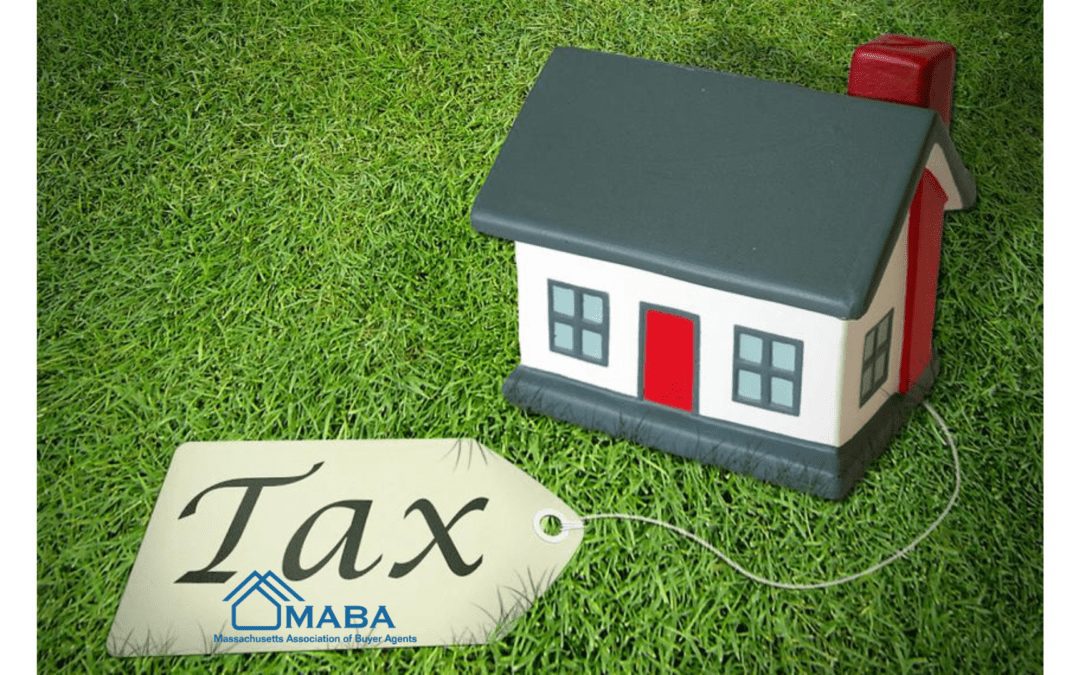Transfer taxes may harm Massachusetts housing, report finds MABA MassachusettsRealEstate FirstTimeHomeBuyers MaBuyerAgent
A new report has found local option transfer taxes could harm rather than help Massachusetts housing and highlights alternatives to how the state should confront the housing crisis. The report from the Greater Boston Real Estate Board, BOMA International and Tufts University Center for State Policy Analysis warns new real estate transfer taxes may backfire, reducing tax revenue by sixty percent and worsening the state’s housing crisis.
The research found that a two percent tax on last year’s real estate sales would have produced a loss of nearly sixty cents on every dollar collected in what the report called “a dramatic inefficiency in the proposals put forward by Boston and other communities.” Mike Edward, GBREB chairman and president of Perry CRE, said Massachusetts needs meaningful solutions to the state’s housing crisis and “this research should tell the governor, legislators and local leaders that new taxes won’t work.”
“The commonwealth must avoid passing misguided policies like transfer taxes and instead focus on workable solutions that promote new housing, reduce red tape and ensure the entire Commonwealth participates in a stronger housing future,” Edward said.
The “Empowering Cities and Towns to Tackle the Housing Shortage” report examines transfer taxes’ effects on residential and commercial real estate markets.
The report found “for every one percentage point increase in the transfer tax,” sales declined by seven or eight percent. And that even a thriving community would have a significant impact as a two percent transfer tax would lose forty three cents on every dollar raised. The report does offer a road map of solutions to help support the state’s housing needs without harming the housing market. The Massachusetts House and Senate are set to debate in the coming weeks on Gov. Maura Healy’s proposed $4.1 billion Affordable Homes Act,
“Massachusetts needs to build tens or perhaps hundreds of thousands of housing units to meet demand, so it is key that policymakers understand the right ways and the wrong ways to address this crisis,” said Evan Horowitz, executive director of the Center for State Policy Analysis at Tufts University. “Transfer taxes are a very risky approach. We really need to focus on making it easier to overcome local barriers to housing creation.” Some of the suggestions the report offers to address the state’s housing crisis include:
Expanding initiatives like 40B to simplify the development of affordable and market-rate housing units. Permitting Accessory Dwelling Units (ADUs) statewide, as suggested in Healey’s Housing Bond Bill. Monitoring and supervising funds allocated for affordable housing, such as those in local housing trusts and revenue from the Community Preservation Act, which is occasionally left untouched in municipal accounts. Revising regulations such as Proposition two and a half to exclude affordable housing initiatives from the tax collection limit, granting communities more flexibility with their budgeting.
Don Davis, vice president of advocacy and building codes at BOMA Internationals says the commercial real estate sector is as committed as anyone in wanting to see vibrant downtowns, and that vision includes affordable housing, but increasing transfer taxes is not the answer, “As this report shows, an increase in transfer taxes would have a devastating impact on commercial properties and that would negatively affect local businesses and all of the jobs and revenue they generate,” David said. “Particularly as local economies continue to emerge from the pandemic, this is not the right time for tax increases we need to encourage business activity that can help downtowns thrive.”
The post Transfer taxes may harm Massachusetts housing, report finds appeared first on Boston Agent Magazine.

FIRST TIME HOMEBUYERS
"The MABA agent helped us find the perfect home for us at the right price and we felt extremely good about the final deal."
Article From: "Liz Hughes" Read full article
Get Started with MABA
For no extra cost, let a MABA buyer agent protect your interests








